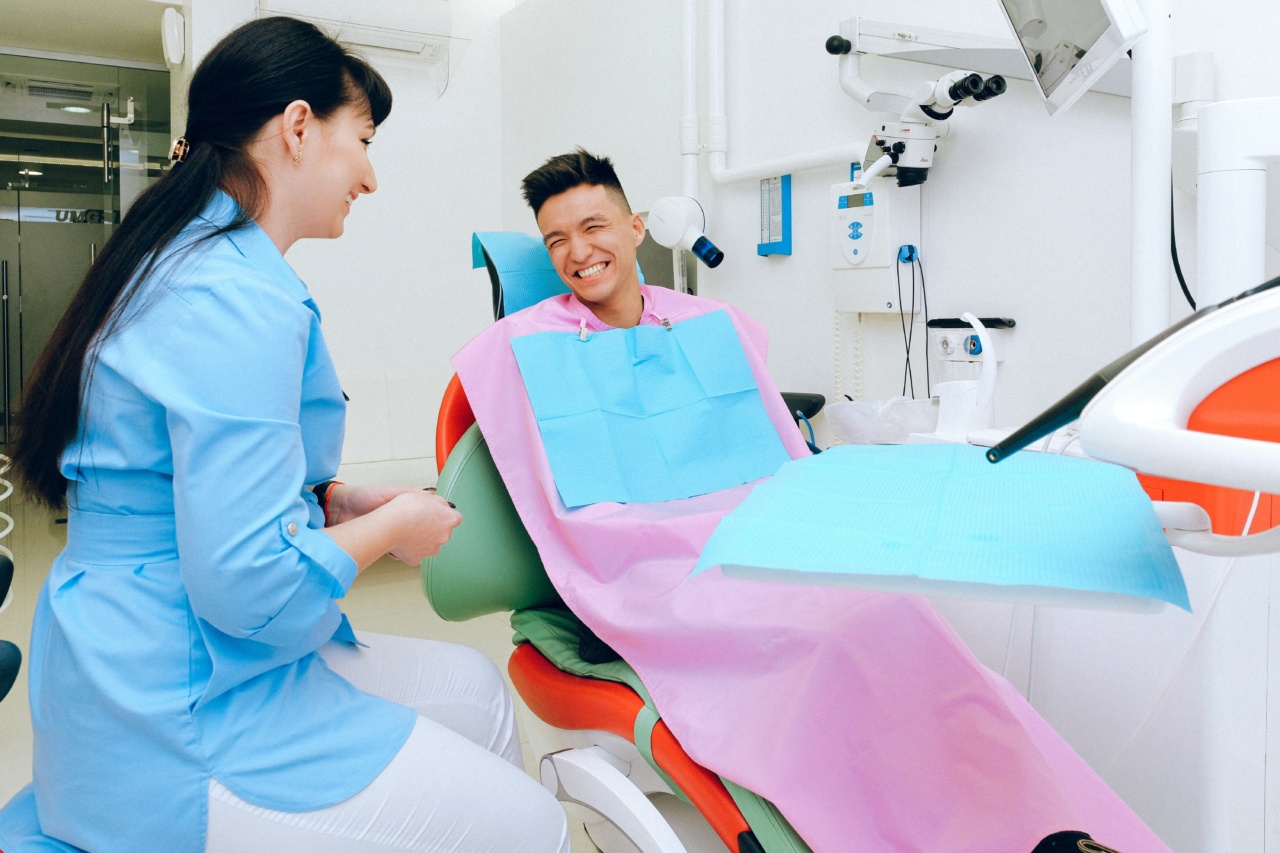Are you suffering from the uncomfortable and often painful condition known as hemorrhoids? If so, you’re not alone. Hemorrhoids affect millions of people worldwide, and finding an effective remedy can be a challenge.
Fortunately, we have gathered expert advice from two doctors, Dr. Smith and Dr. Johnson, who specialize in treating hemorrhoids. In this article, we will explore their recommended remedies and provide valuable insights to help you find relief.
Understanding Hemorrhoids
Before diving into the remedies, it’s important to understand what hemorrhoids are and what causes them. Hemorrhoids are swollen blood vessels located in the rectum or anus.
They can be internal or external, causing symptoms such as itching, discomfort, and even bleeding. The most common causes include prolonged sitting or standing, straining during bowel movements, obesity, and pregnancy.
Home Remedies
1. Warm Baths: Sitting in a warm bath for 15-20 minutes can provide temporary relief from hemorrhoid symptoms. The warm water helps reduce swelling and soothes itching.
2. Fiber-Rich Diet: Consuming a diet high in fiber can soften stools and make bowel movements easier, reducing strain on hemorrhoids. Good sources of fiber include fruits, vegetables, whole grains, and legumes.
3. Hydration: Drinking plenty of water helps moisten the stools and prevent constipation. Aim for at least eight glasses of water per day.
4. Topical Creams or Ointments: Over-the-counter creams containing hydrocortisone or witch hazel can provide relief by reducing inflammation and itching. However, it’s essential to follow the instructions and not overuse them.
Medical Treatments
1. Rubber Band Ligation: This procedure involves placing a rubber band around the base of the hemorrhoid to cut off its blood supply. After a few days, the hemorrhoid typically withers and falls off.
Rubber band ligation is effective for internal hemorrhoids.
2. Sclerotherapy: During sclerotherapy, a doctor injects a solution into the hemorrhoid, causing it to shrink and eventually disappear. This treatment is also suitable for internal hemorrhoids.
3. Infrared Coagulation: Infrared light is used to coagulate the blood vessels of the hemorrhoid, causing it to shrink. This outpatient procedure is painless and requires no anesthesia.
4. Hemorrhoidectomy: In severe cases, a surgical hemorrhoidectomy may be necessary to remove the hemorrhoid. This procedure is typically performed under anesthesia and requires a recovery period.
Prevention Tips
1. Avoid Straining: Straining during bowel movements is a common cause of hemorrhoids. To prevent this, avoid sitting on the toilet for extended periods and don’t force a bowel movement.
2. Stay Active: Engaging in regular physical activity helps promote healthy bowel movements and prevents constipation.
3. Maintain a Healthy Weight: Obesity increases the risk of hemorrhoids. By maintaining a healthy weight, you reduce the strain on your anal blood vessels.
4. Practice Good Hygiene: Keeping the anal area clean can help prevent irritation and itching. Use gentle, unscented wipes or plain water after bowel movements.
When to Seek Medical Advice
In most cases, hemorrhoid symptoms can be managed with home remedies. However, it’s crucial to consult a doctor if you experience severe pain, excessive bleeding, or if your symptoms persist despite self-care measures.
Additionally, if you notice any changes in bowel habits or weight loss, seeking medical advice is essential to rule out other conditions.
Conclusion
Hemorrhoids can be a frustrating and uncomfortable condition, but with the right remedies, relief is possible. Remember to incorporate home remedies such as warm baths, dietary adjustments, and topical creams.
If conservative measures fail, medical treatments like rubber band ligation, sclerotherapy, and infrared coagulation may be necessary. By following preven tion tips and seeking medical advice when needed, you can effectively manage hemorrhoids and improve your quality of life.





























